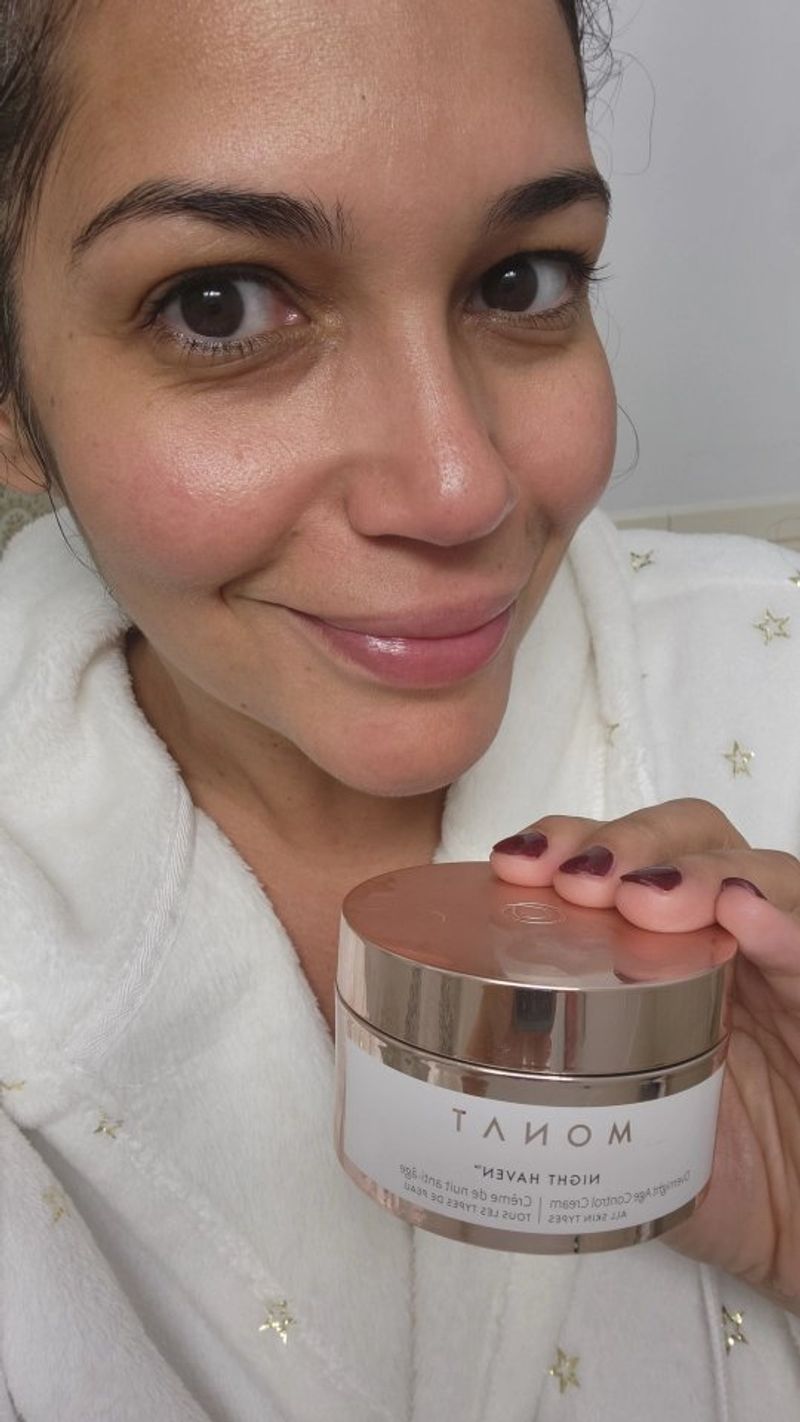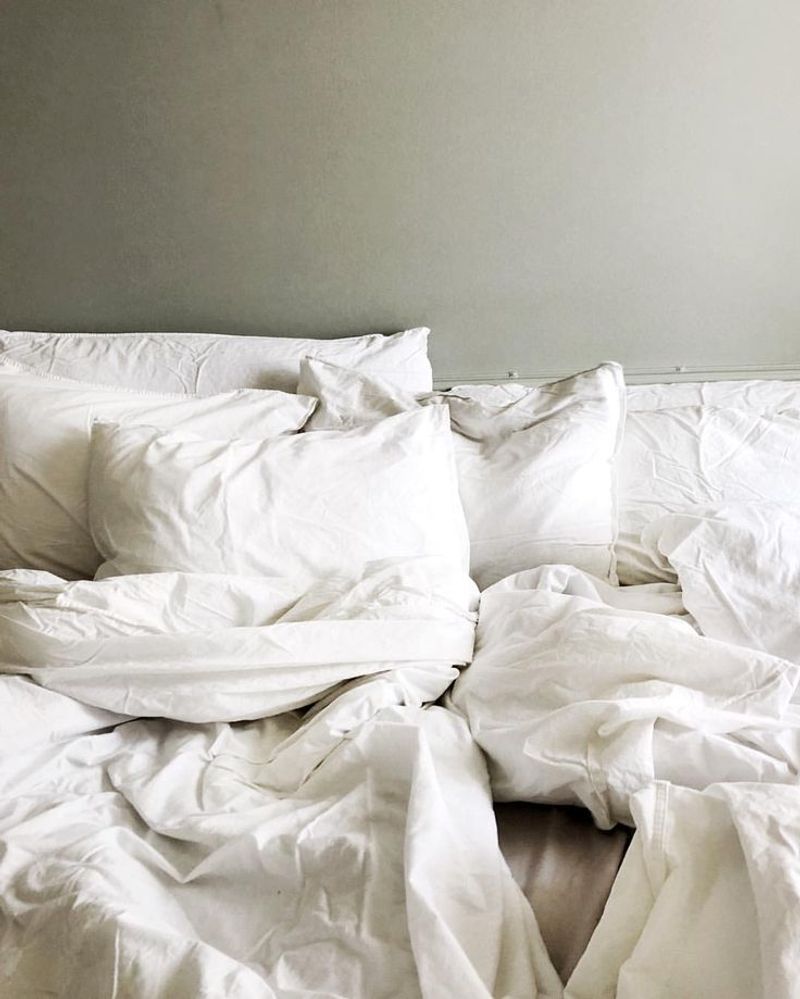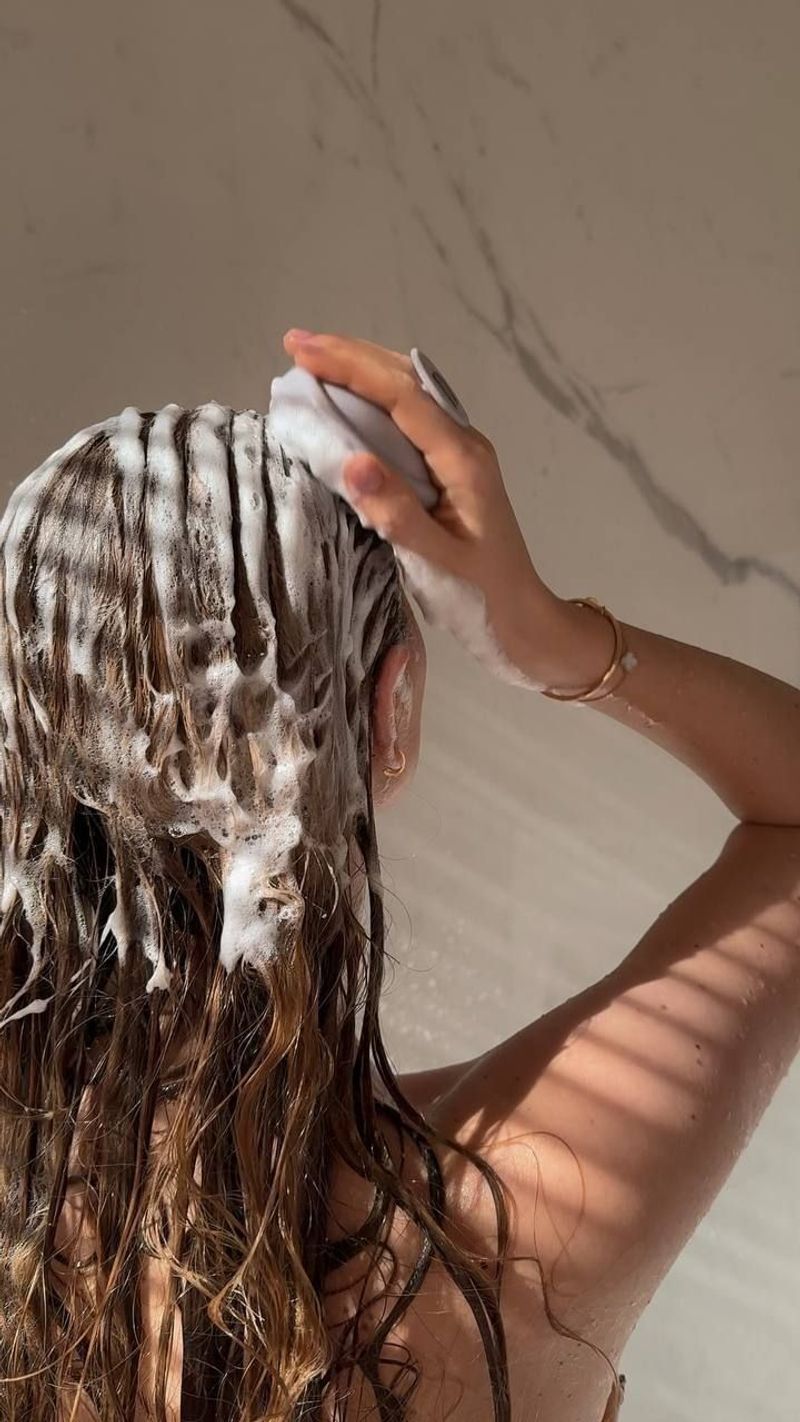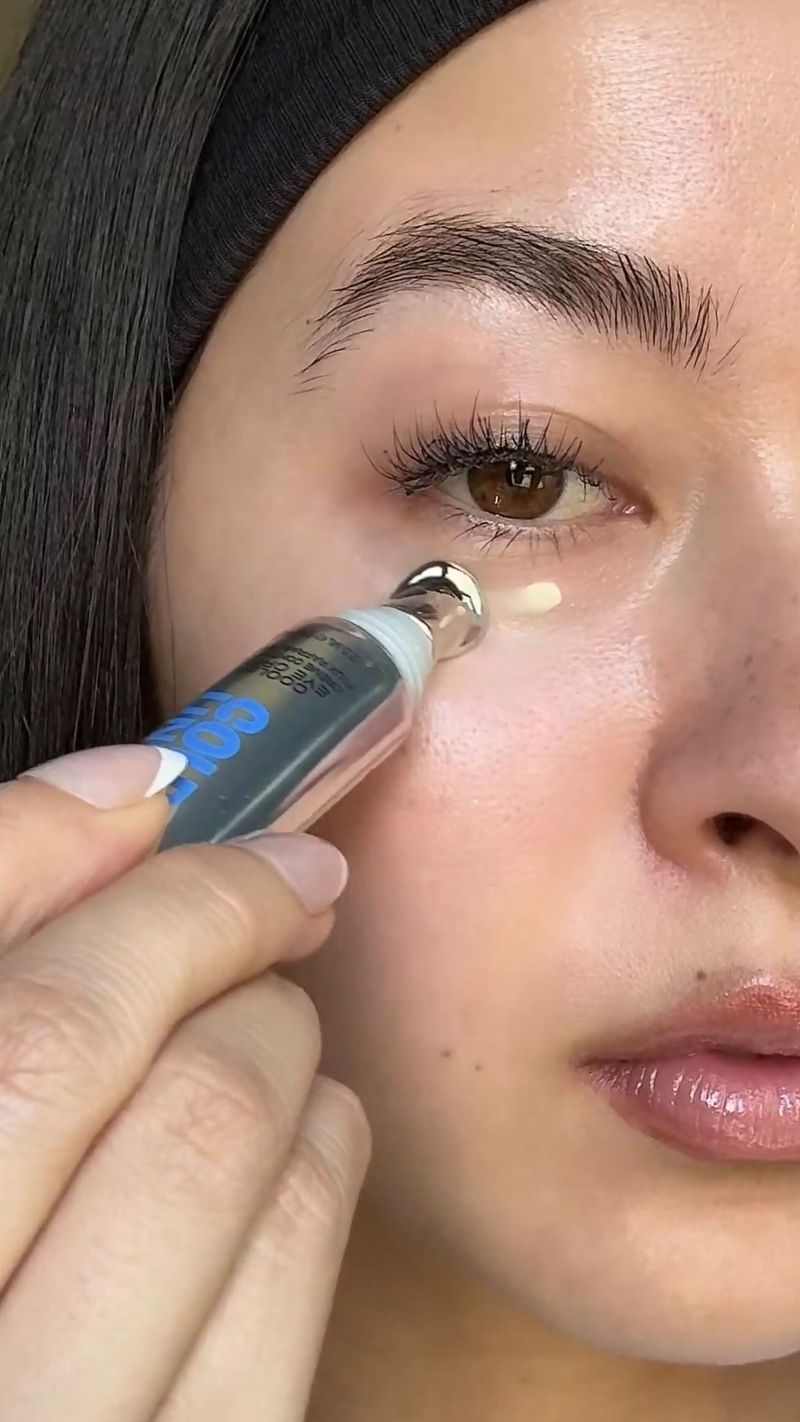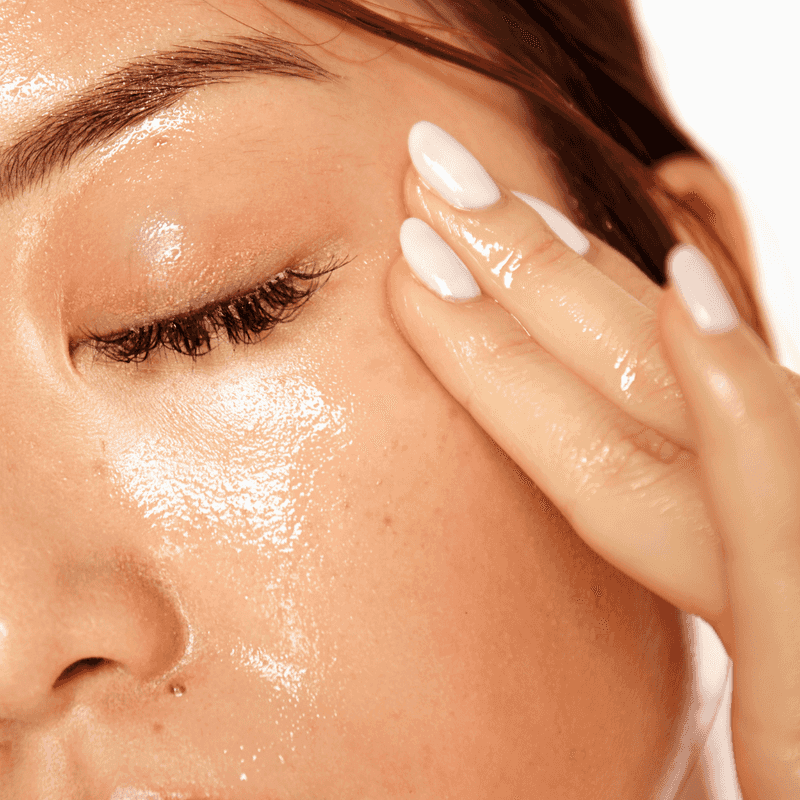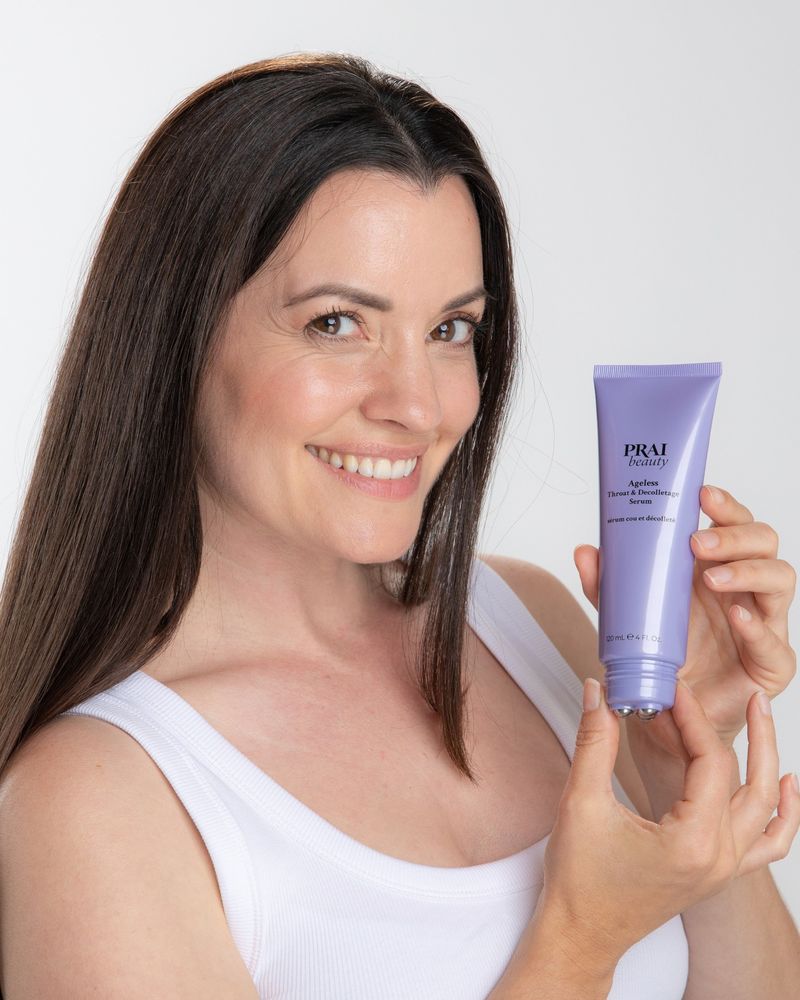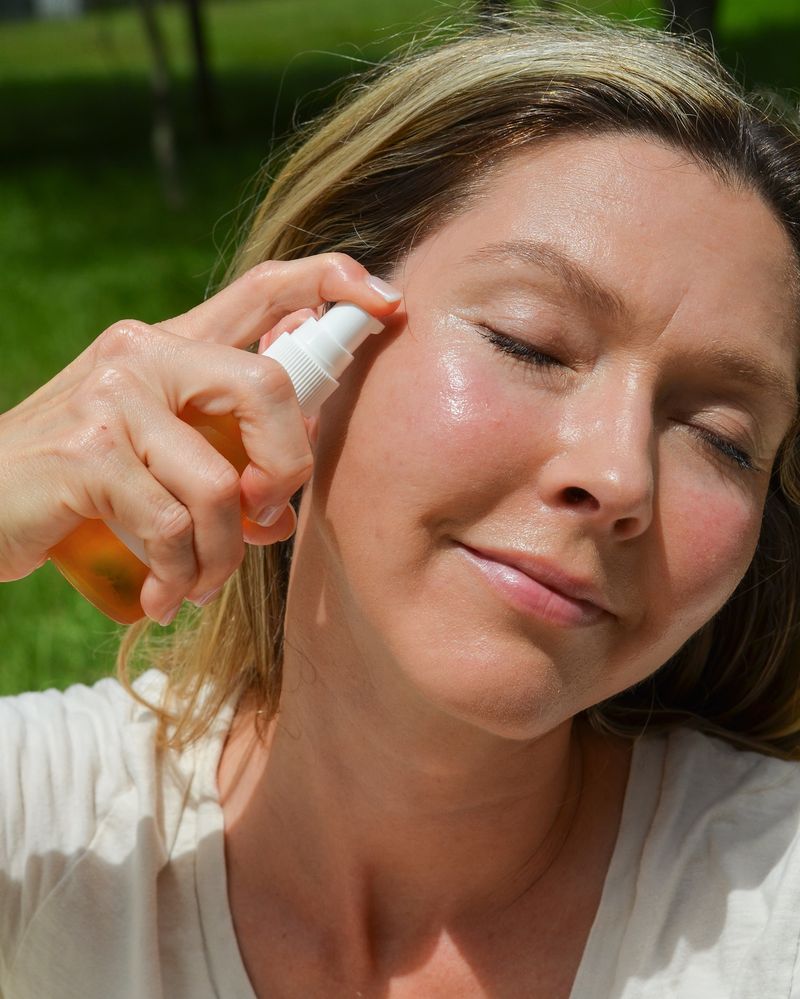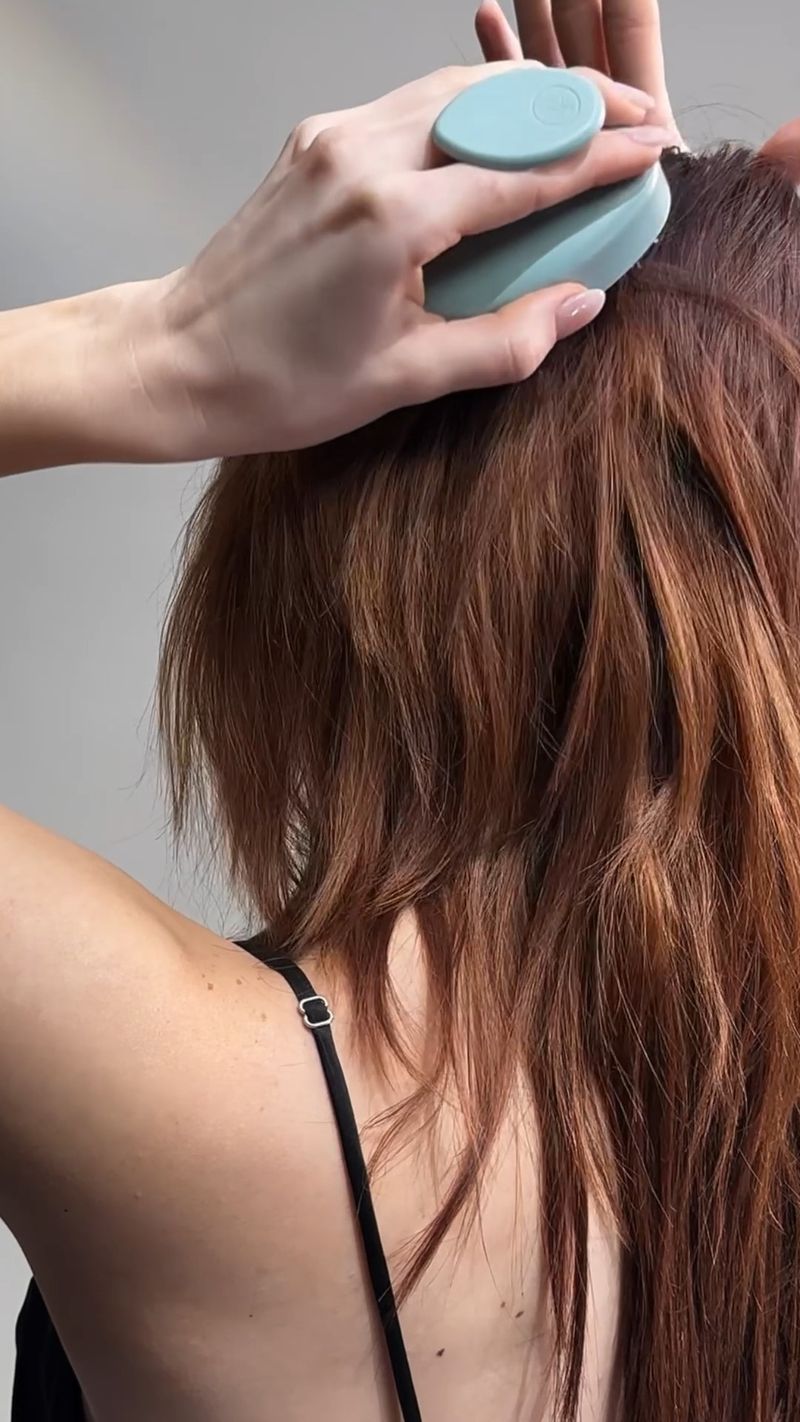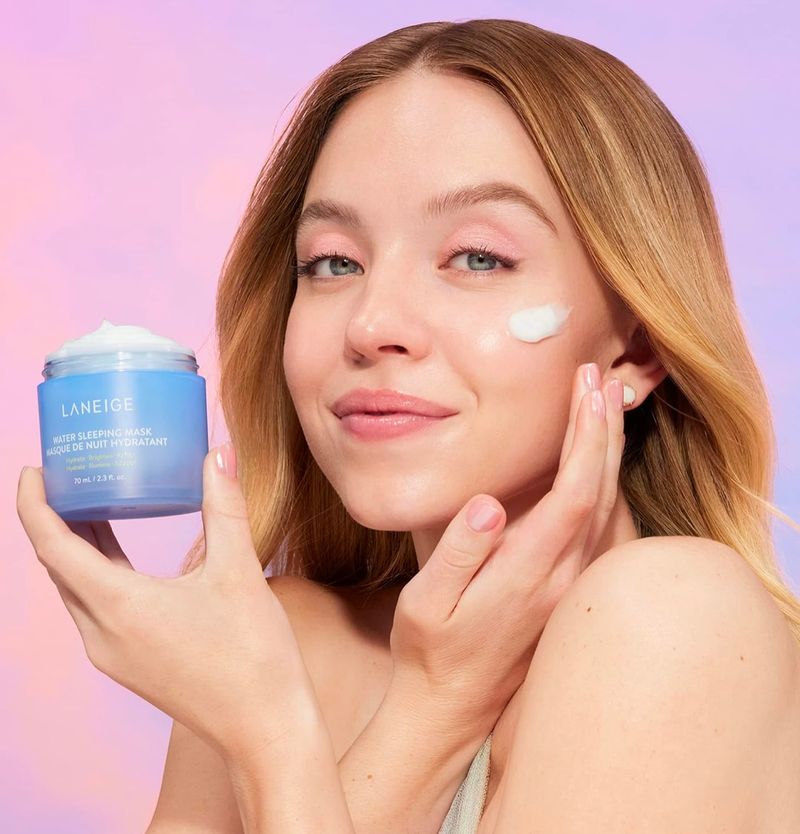10 Beauty Mistakes You’re Making Before Bed
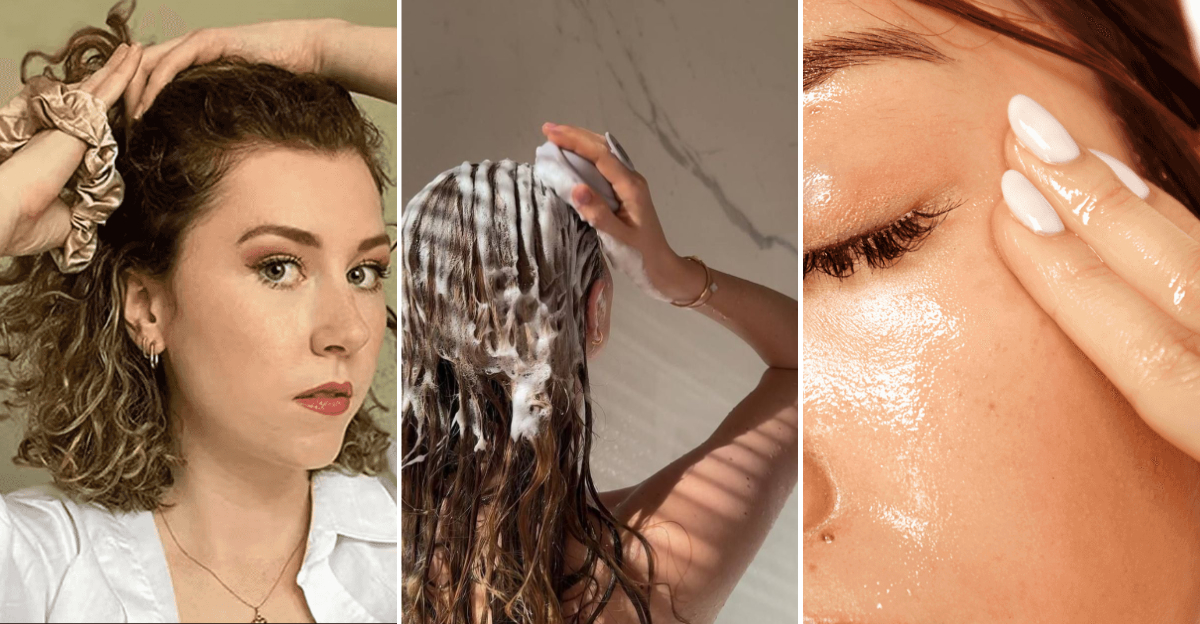
Ever wonder why you wake up with dry skin, breakouts, or puffy eyes despite your best efforts? Your nighttime routine might be sabotaging your beauty sleep.
I’ve been guilty of these slip-ups myself, and they can undo all the good work of expensive creams and treatments.
Let’s fix those bedtime beauty blunders that are secretly wrecking your skin and hair while you snooze.
1. Sleeping with makeup on
I can’t count how many times I’ve crawled into bed too tired to wash my face. Major mistake! Leaving makeup on overnight clogs pores and prevents skin from its natural renewal process. Those foundation and mascara remnants mix with the day’s oil and dirt, creating the perfect recipe for breakouts.
Your skin needs to breathe during sleep. When it can’t, you’re fast-tracking premature aging, dullness, and irritation. Even those ‘sleeping in makeup once won’t hurt’ nights add up.
Keep makeup wipes by your bed for emergencies, but aim for a proper cleanse. Your future self will thank you when you’re not battling stubborn acne and fine lines that could have been prevented with just two minutes at the sink.
2. Skipping nighttime moisturizer
Falling into bed without moisturizing is like sending your skin into the desert without water. Nighttime is when your skin loses the most moisture – nearly twice as much as during the day! This overnight dehydration happens because your body temperature rises while you sleep.
Without a protective layer of moisturizer, your skin works overtime trying to produce oil to compensate. This leads to either excessive oiliness or that tight, flaky feeling in the morning.
A good night cream doesn’t need to be expensive. Look for ingredients like hyaluronic acid or glycerin that lock in moisture. Apply it to slightly damp skin for maximum absorption. Your morning face will look plumper, less lined, and ready to face the day.
3. Using dirty pillowcases
Your pillowcase is basically a nightly face mask – except it might be doing more harm than good. Think about it: that fabric collects dead skin cells, hair products, drool, and facial oils night after night. Then you rub your face in it for 7-8 hours straight!
Bacteria thrive in this environment, causing breakouts and irritation. Plus, cotton pillowcases create friction that can cause fine lines and wrinkles over time.
Change your pillowcase at least once a week – twice if you have acne-prone skin. Silk or satin pillowcases reduce friction and absorb less of your precious facial products. They’re worth every penny for both your skin and hair health. I noticed fewer breakouts within days of making this simple switch.
4. Going to bed with wet hair
Guilty of showering right before bed? That wet hair on your pillow is causing more problems than you realize. Wet hair is weaker and more prone to breakage. When you toss and turn, you’re basically creating a friction playground for split ends and damage.
Damp pillows become breeding grounds for bacteria and fungus. That’s right – mold might be growing where you lay your head! This can trigger allergies, scalp issues, and even respiratory problems.
Hair needs time to dry naturally or a quick blow-dry on low heat before bed. If you must shower at night, try to finish at least an hour before sleeping. A loose braid can protect slightly damp hair while you sleep, preventing both tangling and excessive moisture on your pillow.
5. Forgetting eye cream
The skin around your eyes is thinner than anywhere else on your face – about the thickness of an eggshell! No wonder it’s the first place to show fatigue, dehydration, and aging. Skipping eye cream before bed misses a prime opportunity for repair.
Night is when circulation slows down, causing fluid to pool under your eyes. Without proper care, you wake up puffy with more noticeable dark circles. The right eye cream contains ingredients that strengthen this delicate area while you sleep.
A pea-sized amount is all you need. Gently pat (never rub!) the product from the outer corner inward using your ring finger, which naturally applies the least pressure. Look for ingredients like peptides, caffeine, or vitamin K to address specific eye concerns while you catch those Zs.
6. Harsh nighttime exfoliation
Scrubbing away at your face before bed feels satisfying – like you’re doing something extra for your skin. But aggressive exfoliation right before sleep can actually damage your skin barrier when it’s most vulnerable. Your skin is more sensitive at night and needs gentle care, not a power wash!
Over-exfoliating strips away natural oils and disrupts your skin’s pH balance. This triggers inflammation, redness, and ironically, can cause both dryness and excess oil production as your skin tries to compensate.
Save stronger exfoliants for mornings or limit nighttime exfoliation to 1-2 times weekly. Choose chemical exfoliants like lactic or glycolic acid over harsh physical scrubs. Your skin renews itself during sleep – it needs protection during this process, not additional stress from abrasive products.
7. Neglecting your neck and chest
I spent years slathering expensive creams on my face while completely ignoring my neck and chest. Big mistake! These areas have thinner skin with fewer oil glands than your face, making them even more prone to wrinkles and sun damage.
Your décolletage (fancy word for your neck and chest area) shows age faster than your face. Side-sleeping creates those annoying vertical lines on your chest, while looking down at phones all day creates the dreaded ‘tech neck’ wrinkles.
Simply extend your skincare routine downward – cleanse, treat, and moisturize these areas just like your face. A dedicated neck cream isn’t necessary; your regular products work fine. Sleep on your back when possible to prevent chest wrinkles. These simple habits prevent that jarring disconnect between a well-maintained face and a neglected neck.
8. Using products with irritating ingredients
That tingly sensation from your nighttime products might not be ‘working its magic‘ – it could be irritating your skin! Many popular nighttime treatments contain ingredients like alcohol, fragrance, and high concentrations of acids that can disrupt your skin barrier while you sleep.
Nighttime is when your skin is most receptive to both healing and irritation. Harsh ingredients that might be tolerable during the day can cause redness, sensitivity, and long-term damage when left on skin overnight. I learned this the hard way after a retinol disaster left my face raw for weeks.
Check labels for common irritants like denatured alcohol, synthetic fragrance, and essential oils. Start with lower concentrations of active ingredients and gradually increase as your skin builds tolerance. Your nighttime routine should feel comfortable, not like your face is throwing a temper tantrum!
9. Leaving hair unprotected
Your hair goes through an overnight obstacle course when left to its own devices. Cotton pillowcases create friction that leads to frizz, breakage, and those annoying crease marks that require re-washing or re-styling in the morning.
Hair also absorbs oils from your face and pillowcase while you sleep. This builds up over time, weighing down your locks and making them look greasy faster. The constant rubbing against cotton can even cause hair thinning at your crown and temples!
A loose top-knot with a scrunchie (not tight elastics!) keeps hair from tangling while you toss and turn. For curly hair, a pineapple updo or satin bonnet preserves your style. Straight-haired folks benefit from a loose braid to prevent knots. These simple steps mean less damage, less styling time, and healthier hair with minimal effort.
10. Not drinking enough water before bed
Skipping that last glass of water before bed seems smart (fewer bathroom trips!), but it’s actually sabotaging your skin. Your body loses significant moisture during sleep through respiration and perspiration – about a cup of water through breathing alone!
Morning puffiness often stems from dehydration, not excess water. When your body’s water levels drop too low overnight, it compensates by holding onto whatever moisture it can. This creates that puffy, tired look rather than preventing it.
Sip a small glass of water about an hour before bed – enough time to process it before sleep. Place another glass on your nightstand for morning. Avoid chugging large amounts right before lying down, which does lead to disrupted sleep. Proper hydration is the cheapest, most effective beauty treatment that most people completely overlook.


